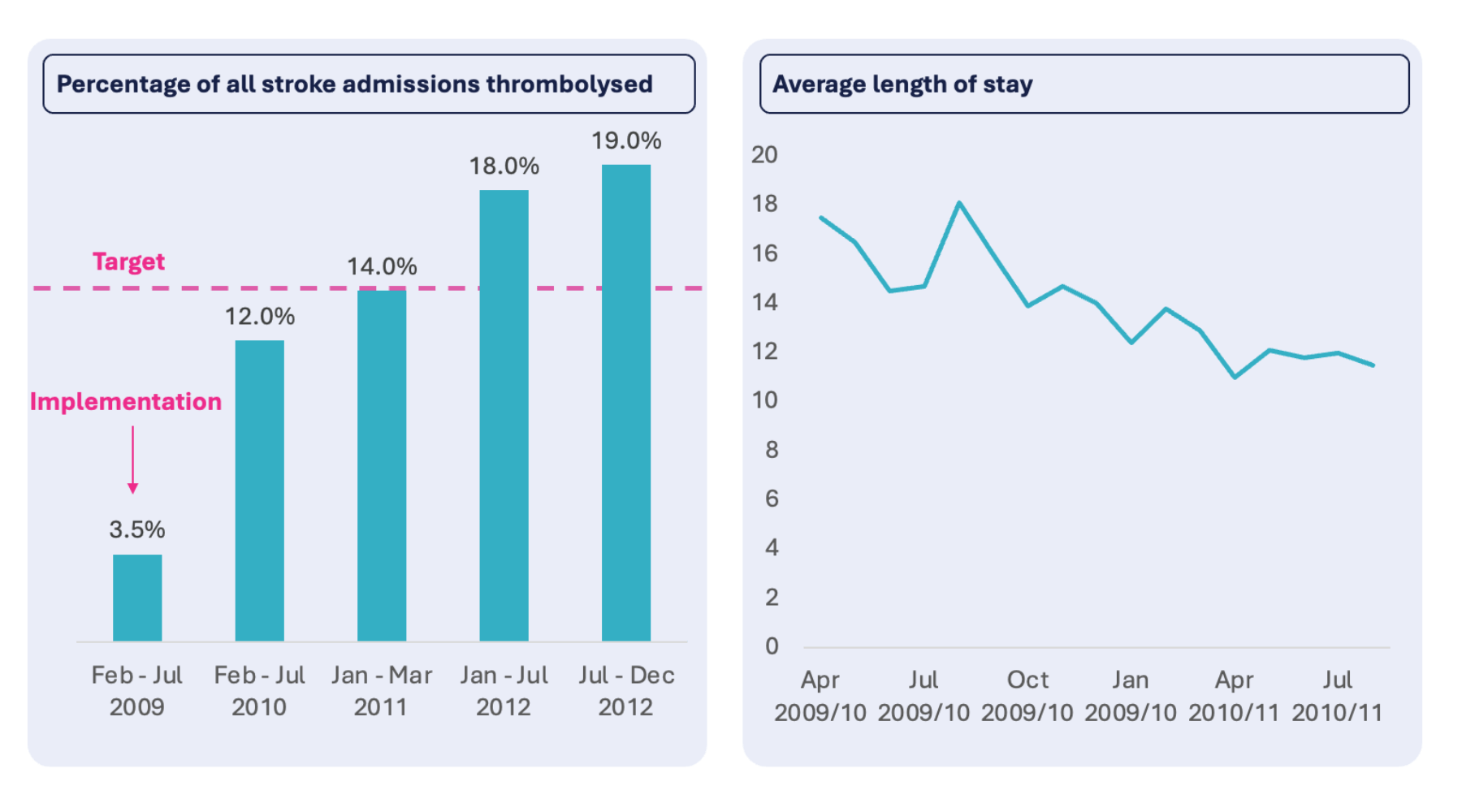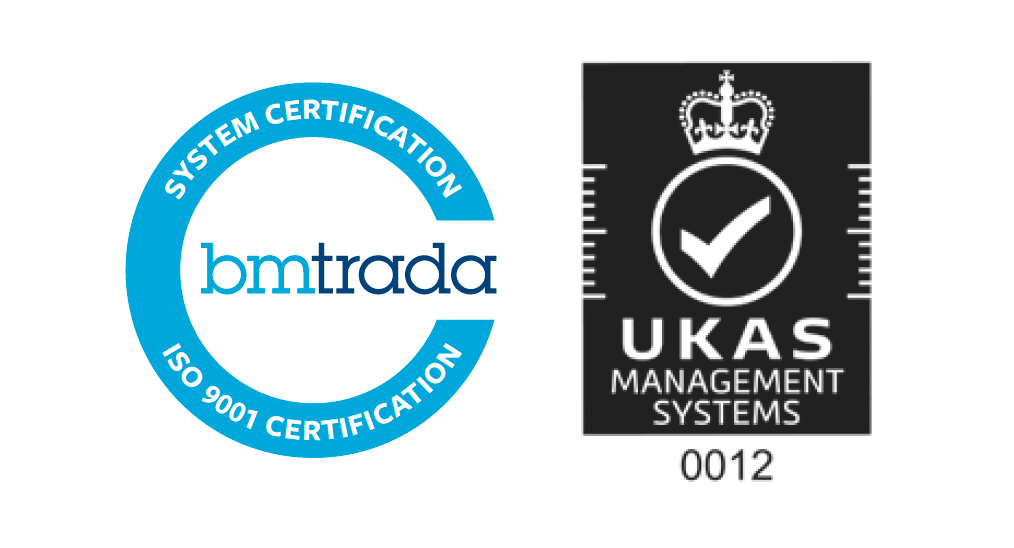Developing stroke care models for system transformation
CF supported developing and implementing new models of care in London 2006-12 that continues to deliver impact for population health. Our London Stroke model led to significant and lasting improvements in the provision of care and outcomes for stroke patients, and learnings have been shared internationally.
Our approach
This approach placed data at the heart of the transformation—leveraging the power of linked datasets to identify patients, track outcomes, and support more effective, data-driven planning. By integrating real-time insights with evidence-based protocols, we enabled the development of structured models of care that ensured consistency and efficiency in treatment pathways.
These data-driven interventions were further supported by robust project management, ensuring seamless implementation, continuous monitoring, and measurable improvements in patient outcomes and system performance.
What was the impact?
Since the implementation of the London Stroke model, thrombolysis rates and average length of stay have improved significantly. 90 days after implementation deaths reduced by 237, QALYs were increased by 123 and an overall cost reduction of £13,602,975 was achieved. Two year after implementation, the mortality rate from stroke was 28% lower in London than the England average
Performance has been maintained with London leading performance on key indicators such time to scan and thrombolysis (19% in 2023), the highest performance in Europe.




